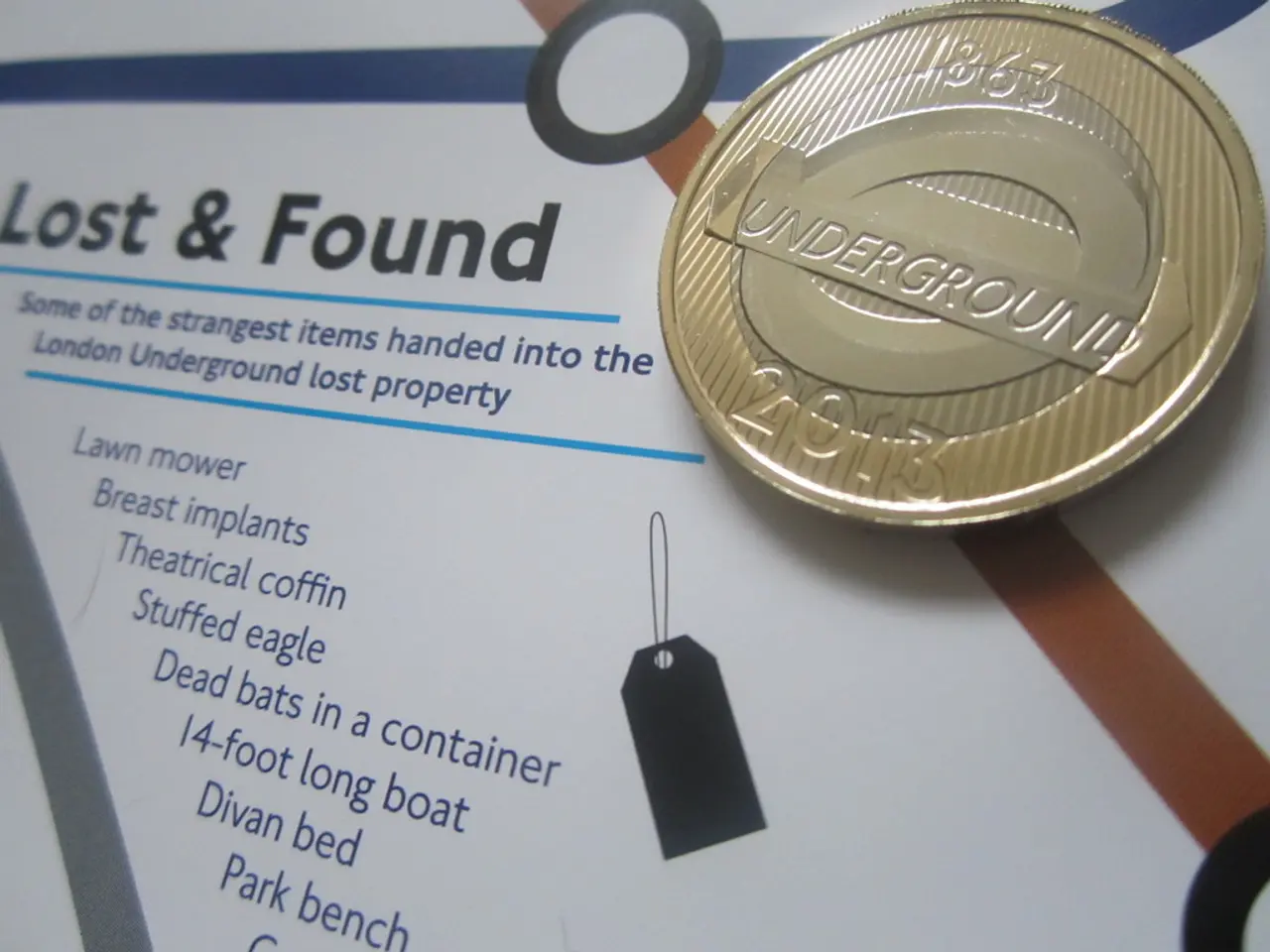Central Bank of Japan announces no immediate plans for central bank digital currency, yet reveals updated phase in digital yen trial.
In the global race to adopt central bank digital currencies (CBDCs), Japan stands out for its deliberate and technologically rigorous approach. The Bank of Japan (BOJ) is participating in Project Agora, an international initiative involving seven central banks and 41 institutions, as it explores the integration of blockchain technology with its CBDC, the digital yen.
Since April 2023, the BOJ has been conducting extensive pilot programs involving about 60 institutions to test the feasibility of the digital yen. These experiments cover technological dimensions such as cybersecurity and integration with existing payment systems. While blockchain technology is under active review, BOJ officials note that current blockchain solutions do not yet meet the speed and reliability requirements of Japan’s domestic payment infrastructure. Therefore, the digital yen aims to match the efficiency of existing systems rather than disrupt or replace them abruptly.
The BOJ's CBDC pilot program is not focused on rushing deployment. Instead, it emphasizes stability, security, and interoperability. The launch timeline depends on multiple factors, including public demand, political consensus, and evidence gathered from ongoing experiments. Japan also actively participates in international coordination efforts on CBDC interoperability through forums such as the Bank for International Settlements’ Project Agora to ensure that the digital yen can smoothly operate in cross-border contexts.
Meanwhile, there has been significant progress in using blockchain for digital bond issuance and settlement in Japan. For example, a digital bond issued by Nomura was settled on BOOSTRY’s blockchain via smart contracts using delivery versus payment (DVP) with a settlement timeline of trade date + 1 business day. This demonstrates growing exploration of blockchain for digital asset markets and potential future CBDC integration.
Japan's regulatory environment is evolving to support this innovation. Clear regulations around Web3, cryptocurrencies, and blockchain asset localization aim to foster domestic blockchain ecosystems and ensure regulatory oversight. This cautious, layered approach aims to balance innovation with financial stability and security.
In summary, Japan's approach to integrating blockchain technology with the digital yen and other financial applications is a careful balance between staying current with digital currency developments and addressing the practical realities of Japan's cash-reliant economy. The BOJ's CBDC research efforts, despite having no immediate issuance plans, are focused on ensuring a stable, secure, and interoperable digital yen that can meet Japan's unique needs.
References:
[1] Bank of Japan (2023). Digital Currency Project Progress Report. Retrieved from https://www.boj.or.jp/en/about/research/digital_currency/index.htm
[2] Nomura (2023). First Digital Bond Settled on BOOSTRY’s Blockchain. Retrieved from https://www.nomura.com/jp/en/newsroom/press/2023/0420-01.html
[3] Ministry of Finance (2023). Regulations for Web3, Cryptocurrencies, and Blockchain Asset Localization. Retrieved from https://www.mof.go.jp/english/policy/economy/cryptocurrency.html
- The Bank of Japan (BOJ) is exploring the integration of blockchain technology with its Central Bank Digital Currency (CBDC), the digital yen, as part of Project Agora, an international initiative.
- The BOJ's CBDC pilot program emphasizes stability, security, and interoperability, with the launch timeline depending on various factors, including public demand and evidence from ongoing experiments.
- Japan's regulatory environment is evolving, with clear regulations around Web3, cryptocurrencies, and blockchain asset localization aiming to foster domestic blockchain ecosystems and ensure regulatory oversight.
- Meanwhile, significant progress has been made in using blockchain for digital bond issuance and settlement in Japan, such as the digital bond issued by Nomura, which was settled on BOOSTRY's blockchain. This demonstrates growing exploration of blockchain for digital asset markets and potential future CBDC integration.




